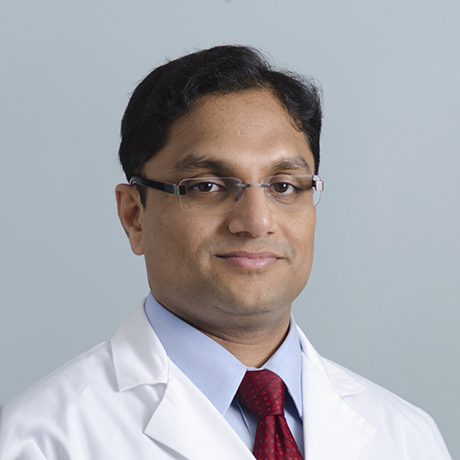Overview
The Center for Research and Innovation in Abdominal Imaging (CRIA) at MGH performs clinical and translational research with the use of top-of-the-line technology and decision support to advance healthcare practices and better patient care.
The Center operates within the Abdominal Imaging Division at MGH to consolidate the research performed by our renowned faculty members. Our expert investigators conduct research on a range of imaging modalities using the latest technologies, including Photon Counting CT, Dual-Energy CT, CT Perfusion, and PET-MRI. The research conducted at the Center seeks to answer a variety of clinical questions related to the different abdominal organs such as the kidneys, pancreas, liver and prostate. Oncological research also constitutes a large portion of the research performed at the Center. This includes investigating imaging biomarkers and advancements in screening, staging and response assessment techniques. In addition to leading research investigations, the center aims to foster and develop the next generation of researchers through the support and mentorship of our junior faculty, trainees and clinical and research fellows.
Vision Statement
“To be at the forefront of impactful cutting
edge abdominal imaging research with successful
translation into clinical practice“
Meet our team
Our team comprises a diverse team, ranging from senior faculty members to attendings, clinical fellows and postdoctoral research fellows.

Avinash Kambadakone Ramesh, MD
Director

Sanjay Saini, MD
Advisory Board

Debra Gervais, MD
Advisory Board

Susanna Lee, MD PhD
Advisory Board

Anthony Samir, MBBCh
Advisory Board

Mukesh Harisinghani, MD
Advisory Board
Objectives
Maintain and accelerate divisional research dominance and individual excellence
Create a shared open vision for divisional research initiatives to limit redundancy
Identify divisional champions for disease focused and technology centric research projects
Increase extramural grant funding for faculty
Create environment and opportunities for research and innovation among trainees
Consistent and regular Abdominal Radiology research meetings (monthly, post-RSNA, SAR, SABI)
Research mentorship for young faculty and encourage participation in clinical innovation projects
Create organ/disease specific research groups
Collaborate with other divisions for interdisciplinary projects
Partnership with MGH & BWH CCDS to develop division specific clinical and research AI initiatives
Work with modality experts for explore existing and new technologies such as Multi-energy CT and photon counting detector CT
Leverage AI based tools to explore the role of CT as a screening modality
-
—
by